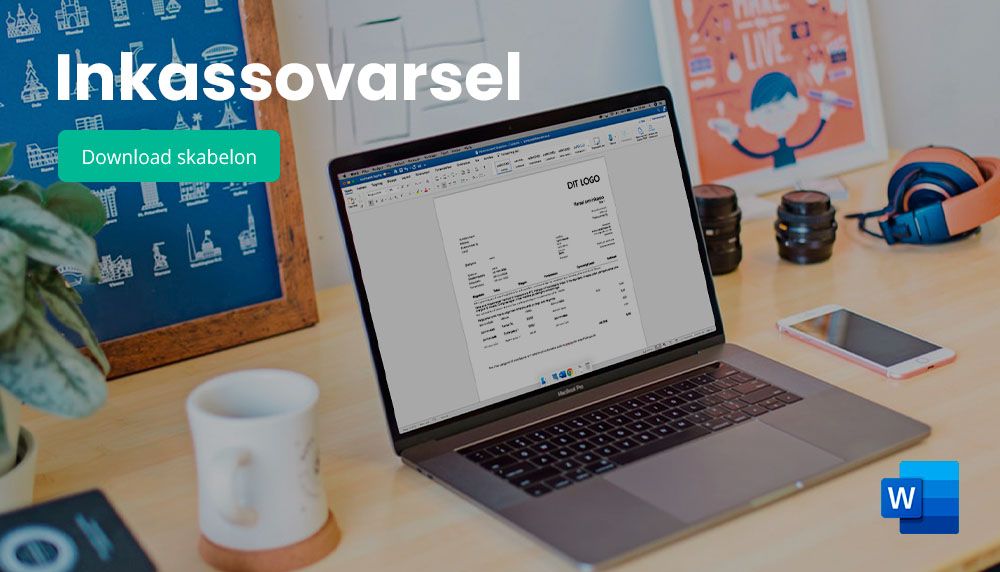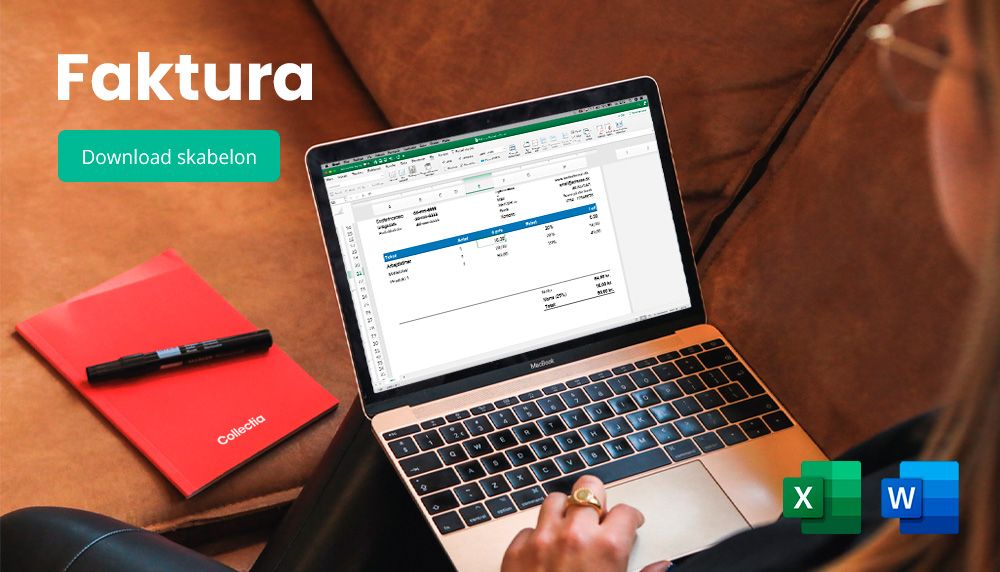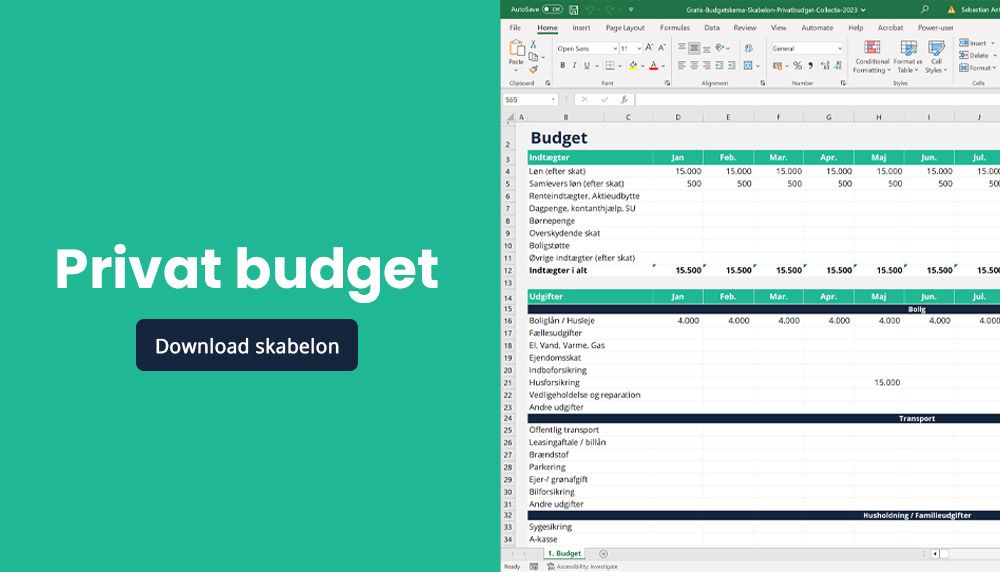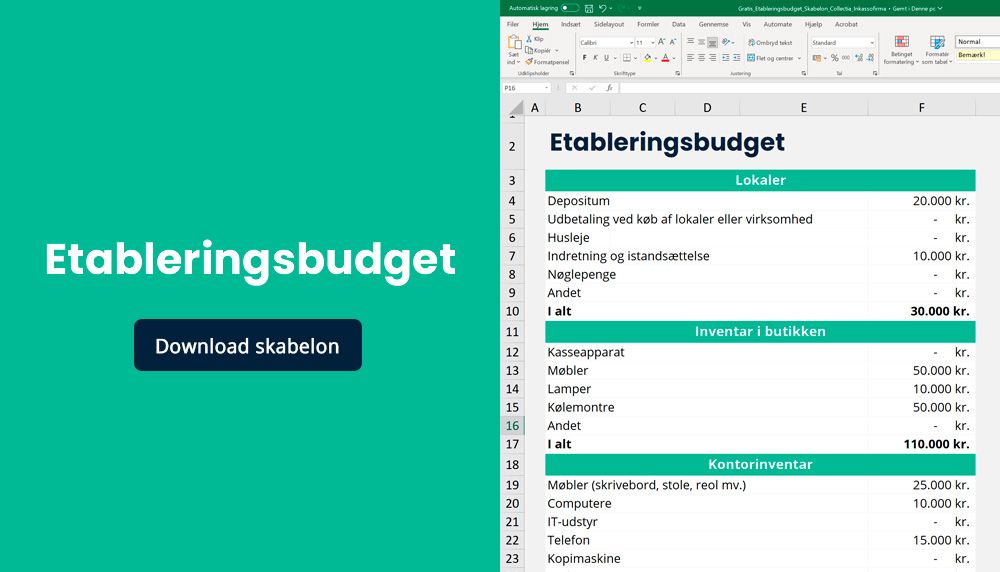
Creditor protection
Debt collection is the process that a company, debt collection company or lawyer can use if a customer(debtor) has an outstanding debt that needs to be recovered from the creditor. Debt collection consists of a wide range of actions: sending letters, imposing interest and fees, making calls and, not least, seizing the debtor's assets, cash and the like. However, if a debtor has special funds that are protected, this is legally known as creditor-protected funds - often held in a so-called creditor-protected account.
A creditor-protected account is an account that cannot be seized by a creditor, including by debt collection.
What are creditor-protected funds?
Creditor-protected funds, and thus a creditor-protected account, is money that is protected from attachment and cannot be seized - for example, in the context of debt collection
Creditor-protected funds are regulated in section 513 of the Danish Administration of Justice Act - and arise when an easement is registered or stipulates that the funds are protected.
Funds you receive - such as compensation for disability, compensation for loss of earnings, compensation for loss of earning capacity and compensation for pain and suffering - can be creditor-protected.
What is a creditor protected account?
Creditor-protected funds must be kept clearly separate from the debtor's other funds, so in practice it is a good idea to have a separate account for this purpose. This is why it is often referred to as a creditor-protected account.
Section 513 of the Code of Civil Procedure refers to a creditor-protected account as a "separate account in the bank or savings bank, clearly distinguished from the debtor's other assets".
There are a large number of specific requirements and rules for creditor-protected accounts and, for example, there are a number of court rulings that apply in this area. One of many is that the creditor protection disappears if you start lending the funds, etc.
We always recommend that you consult your lawyer or insurance company about the disbursement of funds that could be creditor-protected and how to deal with them.











